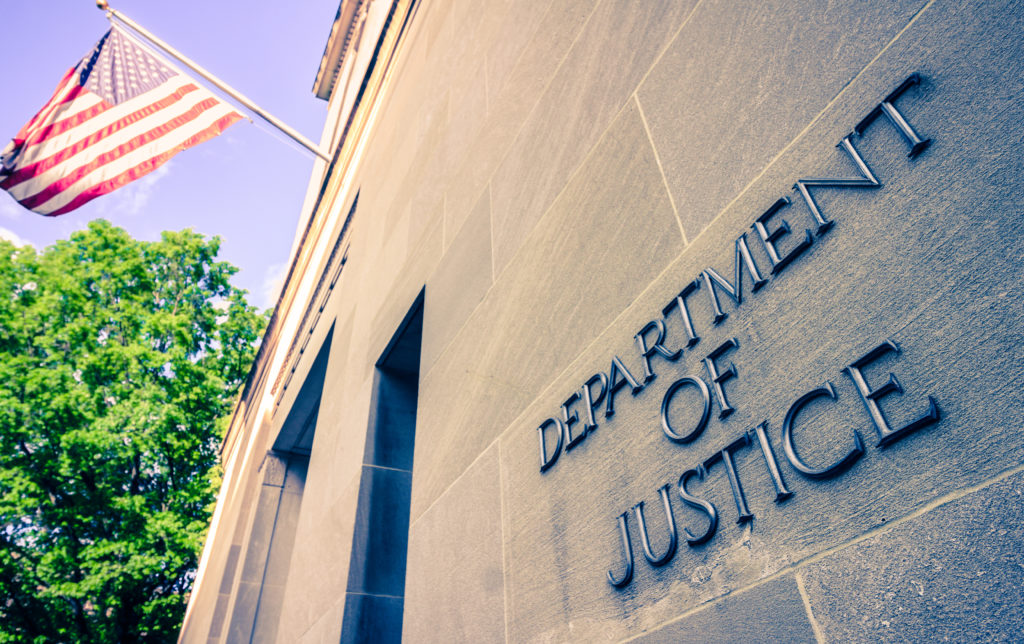As fallout from the nation’s largest beef recall continues to float through newsrooms and school districts, Americans have begun to ask hard questions about the safety of our beef supply and the character of the people who bring it to market. We have a few questions of our own.
First, why did the Humane Society of the United States (HSUS) sit on its shock-value video for several months? The group has claimed that it spent six weeks “investigating” a Chino, California slaughterhouse and two more weeks looking at the videotapes before giving authorities “extra time” to weigh their options. HSUS also insists that it “is the last entity that would ever want to sit on the results; we had no incentive to do so. We were methodical in how we handled the investigation, and how we publicized it, too.”
We’re not buying it. An organization interested in the welfare of cattle would have taken the very first example of animal abuse it found, the very day it was filmed, and showed it to the plant manager. “Clean up your act today and fire these few employees,” a responsible advocate would have said, “or the Sheriff will be our next stop.”
The drawback of this approach for HSUS, of course, is that no fundraising bonanza would result. (How’s that for an “incentive” for being “methodical” instead of acting with urgency?) And Californians wouldn’t have been politically sensitized to the issues wrapped up in a coming ballot initiative to ban farm-animal-handling practices HSUS doesn’t like. (HSUS has already put over $1.4 million into the effort).
Reacting immediately might not have helped HSUS, but the animals going through that slaughterhouse in the last few months would certainly have been much better off. Remember them, HSUS? The animals?
One other nagging question. HSUS president Wayne Pacelle told the Associated Press yesterday that he chose this particular slaughterhouse at random. What he hasn’t said, though, is how many facilities his workers had to infiltrate before they found one with a problem worth videotaping.
Could it be that HSUS has been planting employees inside California meatpackers since June 2003, when the group first floated the idea of an animal-rights ballot initiative in the Golden State? Inquiring minds want to know. Especially since it now looks like the current problem was the exception—not the rule.




